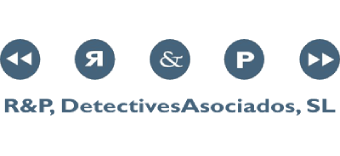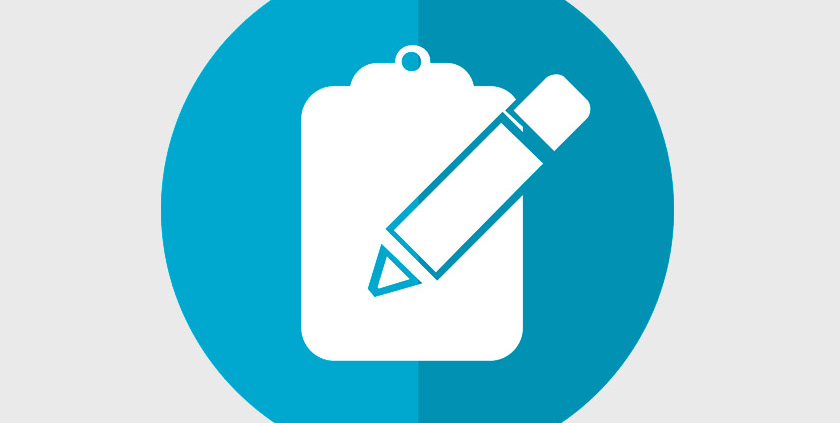Evidence: What value does it have in a trial?
/in Uncategorized/by adminIn the following, we will clarify the value of evidence in a trial and how to ensure that it is useful for the trial.
IN WHAT KIND OF INVESTIGATIONS ARE PRIVATE DETECTIVES USEFUL?
We should remember that private detectives are professionals who have to undergo specific training in order to be able to exercise their profession. In addition, they must follow a rather strict legal framework for conducting private investigations. This implies that such investigations will have certain limits on the way in which evidence can be gathered, as well as delimiting the cases in which they can act. A trained private investigator will be useful to cover a wide range of investigations.
The evidence of a private professional can be quite useful for lawyers, as private investigations are objective, so that a lot of evidence is obtained through active observation, i.e. the work of private detectives. Along with the report/ratio, evidence can also be attached and submitted in different formats, e.g. pictures and videos confirming what the report/ratio says.
One of the most frequently asked questions by clients of a private detective is whether they can provide evidence to be presented in front of a judge, the answer is YES, THEY CAN, as long as they comply with the conditions stipulated by law.
REPORT AS EVIDENCE
Let us remember that when a private investigation is established, the detective will have to write a report as a result in order to be able to present it to his client. This document is the one that can be presented before a judge, as it is one of the means of proof that are allowed during a judicial process, according to what is dictated by the Law of Civil Procedure.
One could say that the report is the private detective’s testimony about the events of the past, which he himself has witnessed.. It recounts what has been seen and heard during the investigation in a sequential order. It is also important that the report should state who or what has been involved in the private investigation. The facts described in the report may be supported by other files, such as photographs, videos and other evidence obtained by the private investigator during the investigation.
Remember that for a report/part to be admitted as evidence, it must meet certain conditions. Some of these conditions are:
-The report must be drawn up by a qualified professional, i.e. he/she must be in possession of the Professional Identification Card (TIP), which is issued by the General Directorate of the Police.
If the private detective is not qualified to work as a private detective, he or she will be considered to be an intrusive employee, and the evidence provided will have no value in the eyes of a judge.
-All names of all persons involved in the investigation should appear in the report. The methods used to obtain the evidence should also be stated, and the methods used should not violate the fundamental rights of the persons under investigation.
If the object of the private investigation is internet scams, a computer expert must be present to testify in front of a judge during the trial.
-If the opposing party contests the private detective’s report, the private detective will have to go to court to rectify it in front of a judge during the trial.
VALUE OF EVIDENCE IN TRIALS
The Supreme Court considers a private detective as a privileged witness, when he or she appears in court proceedings, as the latter is a private professional who has received the authorisation (TIP) to carry out investigations and, in addition, the evidence he or she presents in court will be supported by verifiable facts.
LEGAL FRAME
The Act also indicates and describes how an interrogation of a private detective should be carried out during the ratification of the report previously drawn up by the private detective. All questions shall relate to the facts as stated in the report. The private practitioner will appear before a judge only to speak about the facts that he or she saw or heard during the investigation, which are also reflected in the report. It will be impartial, just like the report, and this is what makes the difference to the other witnesses.
INVALID EVIDENCE
In the following we will explain what three basic conditions are necessary in order not to jeopardise the validity of a private detective’s evidence in court:
- The private detective must be qualified.
- The person who engages a private professional must have a legitimate interest for the investigation to be initiated.
- At no time during the investigation may the fundamental rights of those involved in the investigation be violated.
It should be remembered that for a private detective to be authorised, he or she must have the TIP, which indicates that he or she is a professional and has the appropriate training to carry out investigations.




